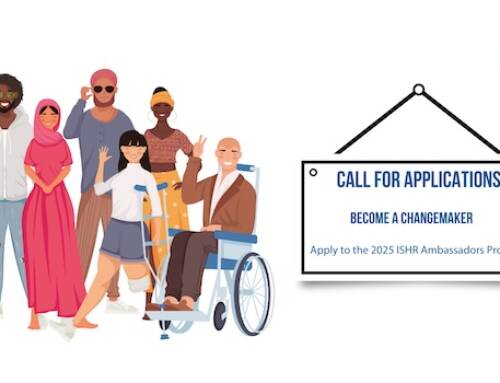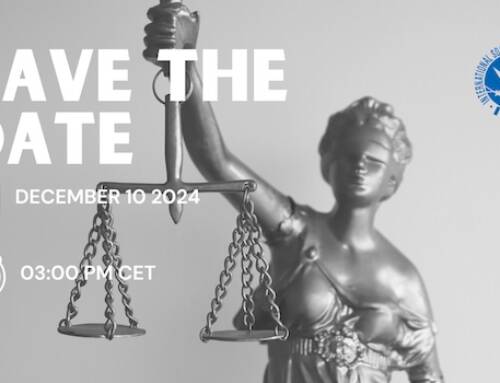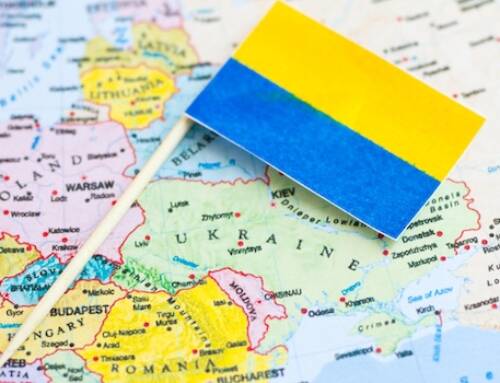How Kosovo’s Government responded to the effect of COVID-19 in women’s life?
COVID-19 reinforced the idea of women at home; the economic recovery package offered no solution
By Riola Morina (Faculty of Political Sciences, University for Business and Technology – UBT)

Riola Morina
The COVID-19 pandemic and its aftermath has erased the progress women made over the years. Over two years after the pandemic, gender equality in the workplace has only deteriorated, causing women to suffer disproportionate damage. Such damages come as a result of the structures and social norms present even before the pandemic in question. The return of women to the private sphere in Kosovo happened mainly due to 2 reasons: the blockades imposed on the production and service sectors where women are over-represented and where they often work under informal employment agreements and due to the closure of daycare centers that forced women, in most cases, leave work and take care of their children. Despite all this, the economic recovery package did not provide assistance based on genuine and legitimate gender policies.
Globally, between 2019 and 2020, women’s employment fell by 4.2%, causing a loss of 54 million jobs. On the other hand, men’s employment fell by 3%.1 The same phenomenon happened in Kosovo, it happened in a way larger scale. Jobs with a high concentration of women workers in Kosovo are characterized by factors such as low wages, long working hours, limited career opportunities, violence and harassment. According to the Kosovo Agency of Statistics, the employment rate among women of working age is only 14.1%, compared to 44% for men. When the pandemic struck, the closure of many jobs put working women at risk of returning to the private sphere. Since the first time period when the pandemic took off, 8% of Kosovar women have lost their jobs.2 But there is also inequality in the workforce consisting of women. Like any other economic downturn, the COVID-19 pandemic has mostly hit those women at the bottom of the pay scale. This fact is not taken into account in Kosovo’s recovery package published in June 2021. Provision 1.3. from this package says that every woman who has not been employed in the last 3 months since the publication of the package, and who is employed afterward, will be subsidized 50% of salary for the first 3 months, up to a maximum of 150 euros per month. This provision can be seen as an encouragement for women to join the workforce, however, it fails to serve as a concrete tool for achieving this goal.
The other obvious reason why women stay out of the job market is that they are subject to an overload of unpaid work. Women lost their jobs disproportionately, but the main force that drew them to closure in the private sphere is the increase of their unpaid working hours. This work includes caring for their children, their children’s homeschooling, caring for the elderly, and many other activities that the rest of the world takes for granted. During the time of the pandemic, about 42% of women reported devoting too much time to unpaid work, compared to 19% of men.3 Knowing that in most cases it was women who took over the care of children, the closure of public and private kindergartens, directly affected the increase of the burden of child care for them. Instead of responding with provisions that respond to this issue in an equal manner, Kosovo’s Government introduced provision 3.5 on maternity payments. This provision represents a regression, especially for the feminist perspective that envisages parental leave as essential in the critique of unpaid work and its effects on women’s life.
All of these factors emphasize the need for a gender-responsive recovery to serve as a response to the disproportionate damage that the COVID-19 pandemic has brought to women. The assumption that only women are responsible for the care of the family and household chores has led to policies that see high natality as empowerment and independence. Ignoring the women at the bottom of the pay scale has led to policies that do not see inclusive integration as necessary. The Law on Gender Equality in Kosovo obliges the Government of Kosovo to include a gender perspective in policymaking. However, the Government seems to not have implemented such an obligation during the drafting of the Economic Recovery Package. The return of women to the labor market and the advancement of their rights requires a long-term plan that coincides with the challenges posed by the COVID-19 pandemic.
Foototes
- International Labor Organization, Policy Summary: Building Forward Fairer: Women’s rights to Work and at work at the core of the COVID-19 recovery, July 2021
- Kosovo Agency of Statistics, Labor Force Survey, 2020
- UNDP, Rapid Assessment of the Socio-Economic Impact of COVID-19 in Kosovo, June 2020.





